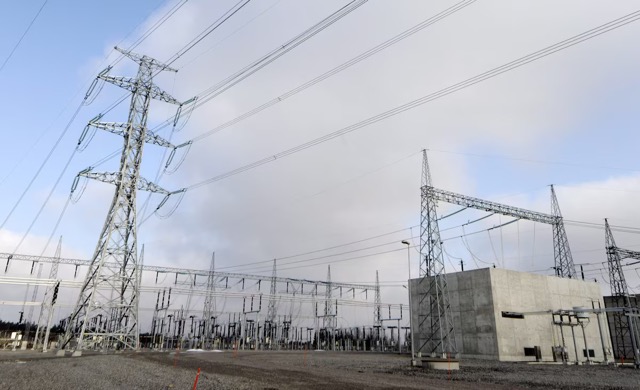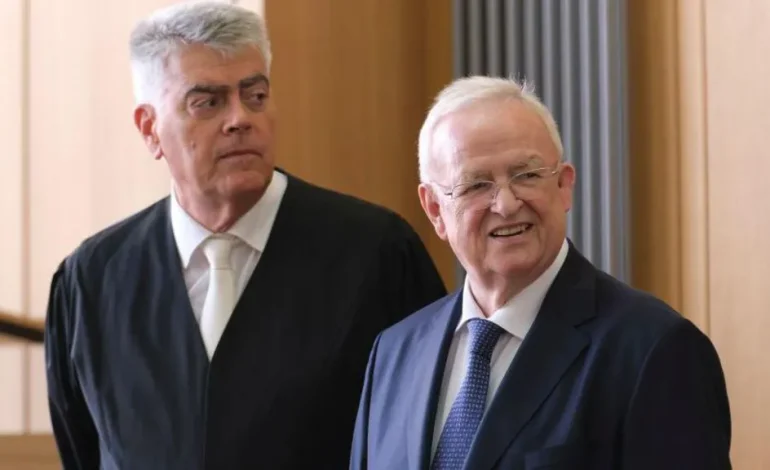Former Volkswagen CEO Martin Winterkorn appeared in court on Tuesday, marking the start of his long-awaited trial over the 2015 emissions scandal, which severely harmed the German automaker’s reputation.
Winterkorn, 77, is charged with perjury, market manipulation, and commercial fraud in connection with the so-called “Dieselgate” scandal, which involved the widespread use of software to cheat emissions tests on millions of diesel vehicles.
The scandal first surfaced in September 2015, when US scientists discovered that many Volkswagen diesel vehicles were equipped with software designed to falsify emissions results during testing. This revelation sparked one of Volkswagen’s most serious crises in history, costing billions of euros in fines, recalls, and compensation payments.
Winterkorn, who had led Volkswagen since 2007, resigned shortly after the scandal broke. Prosecutors claim he was aware of the illegal software long before the US Environmental Protection Agency announced its findings, but failed to take action to address the problem. Winterkorn has consistently denied the allegations, and his lawyer stated at the start of the trial that “our client did not defraud or harm anyone.”
The charges against Winterkorn are extensive, with the indictment alone totaling over 600 pages. He is accused of misleading customers about Volkswagen’s environmental performance, failing to inform investors about potential financial penalties, and giving false testimony during a German parliament inquiry in 2017.
The trial, which is expected to last until September 2025, is an important milestone in the ongoing fallout from the Dieselgate scandal. The case has already had far-reaching consequences, not just for Volkswagen but for the entire automotive industry. The company has paid over €30 billion ($33.17 billion) in fines and settlements, and the scandal has hastened the industry’s transition to electric vehicles.
Volkswagen’s use of “defeat devices” to cheat emissions tests began in 2006, affecting over nine million vehicles in Europe and North America. These devices enabled the vehicles to pass laboratory emissions tests by temporarily activating emission controls, which were then turned off during normal driving to improve performance.
Winterkorn’s trial was originally scheduled to begin in 2021, but it was postponed due to health concerns. He is one of several Volkswagen executives who have faced legal ramifications from the scandal. While some, such as former Audi CEO Rupert Stadler, were given suspended sentences or fines, others, such as former engineer Oliver Schmidt, were sentenced to prison in the United States.
If convicted, Winterkorn could face up to 10 years in prison. He has already paid €11 million ($12.16 million) to Volkswagen as part of a settlement related to the scandal.
BBC, the Associated Press and Deutsche Welle contributed to this report.









